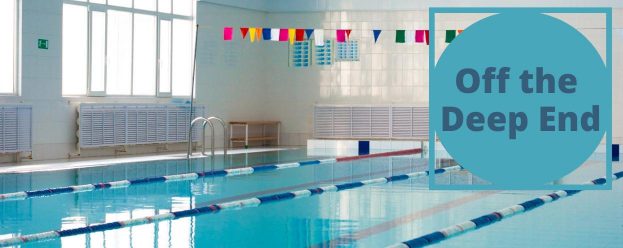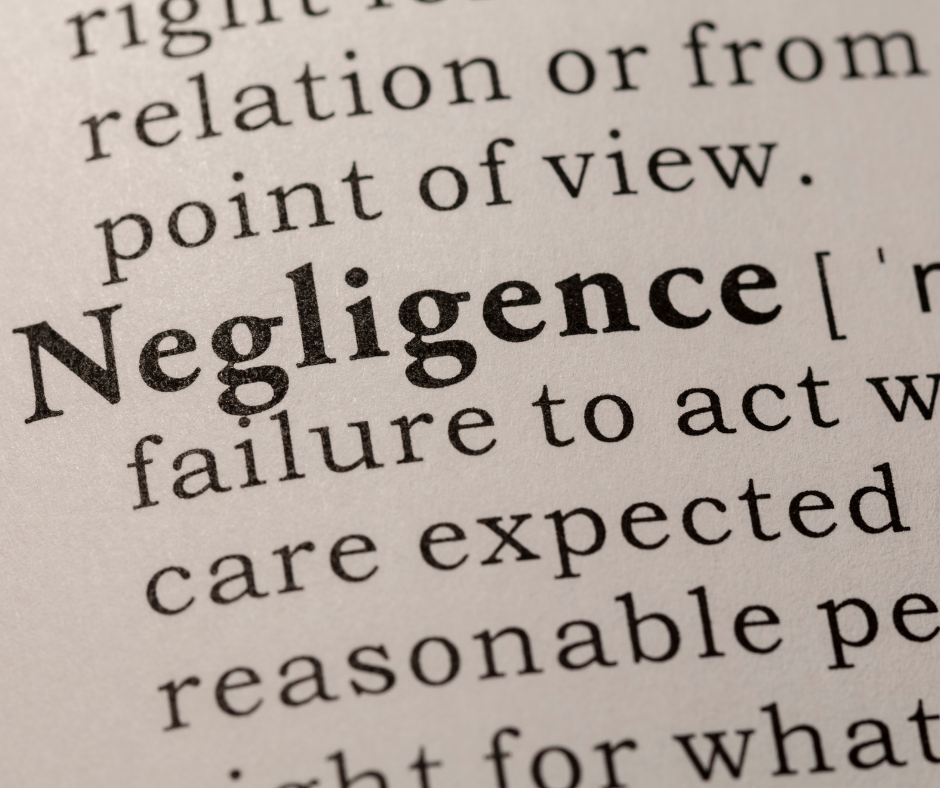23rd Mar 2012

Estimated reading time: 4 minutes
Pool facilities within our local high schools are often used to benefit the surrounding communities, yet educators should be aware of potential pitfalls associated with loaning out their waters.
In a recent unpublished Michigan Court of Appeals case (Ryan v. Lamphere Pub. Sch. Sys., Unpublished Opinion, NO.: 286741, March 16, 2010), the issue of a school district’s governmental immunity was challenged when a Special Olympics swimmer drowned in a middle school pool during a practice session. Also under review was the trial courts determination that the teachers who donated their time to coaching the Special Olympics swim team and the volunteer student life guard were also protected by governmental immunity.
The family of the victim claimed that neither the school district, the two teachers who volunteered to coach the swim team, nor the volunteer student lifeguard had governmental immunity, asserting a gross negligence claim against the defendants. The family contended the loaning out of a public school’s pool facilities to a private entity like the Special Olympics goes beyond the normal operation of a public school district. They argued that the Special Olympics practice sessions held on school premises were not part of the school’s curriculum, and thus were not sufficiently related to the educational mission of the school to rise to the level of a governmental function.

The family of the victim also argued that the two teachers who volunteered their time to also coach the Special Olympics swimming team and the student who volunteered to be the life guard were serving “two masters” (the school district and the Special Olympics – a private organization).
The trial court ruled in favor of the school system and individual defendants on the basis of governmental immunity. It concluded that although the Special Olympics swimming practice sessions were not part of the school’s regular curriculum, the school was engaged in the exercise of a governmental function when it loaned out its facilities to the Special Olympics. As a result, the school was immune from liability as a matter of law with respect to any negligence claims arising from the Special Olympics swimming practice sessions.
As to the individual defendants, the trial court ruled they were acting as volunteers of the school district, and likewise protected by governmental immunity.
The Michigan Court of Appeals affirmed the trial court’s decision that the school district was acting within its authority in loaning out its facilities to the Special Olympics, and that the district was engaged in a governmental function. As such, the school district was protected by immunity. However, the Michigan Court of Appeals reversed the trial court’s order related to the teachers and student lifeguard. A key factor in overturning the decision was the determination of the individual defendants’ employment status. Whether they were in fact an “employee of a governmental agency” or a “volunteer acting on behalf of a governmental agency” determined the applicability of the immunity protection.
While two defendants were school employees supervising the practice sessions on school property during normal school hours, and one defendant was a volunteer lifeguard for the school, there were genuine issues of material fact whether they were simultaneously serving as agents of the Special Olympics at the time of the student’s drowning. Under existing law, dual agents are not entitled to governmental immunity from tort liability. The case was affirmed in part, reversed in part, and remanded.
To fully understand and protect your school system from potential liability, it is important to consult an attorney about the use of your pool facilities by the community. Beier Howlett Municipal and School Law Practice attorneys are available for consultation. Please feel free to call the Municipal Law group at Beier Howlett, P.C. (248) 645-9400.
Ryan v. Lamphere Pub. Sch. Sys., Unpublished Opinion, NO.: 286741, March 16, 2010
Related Links


